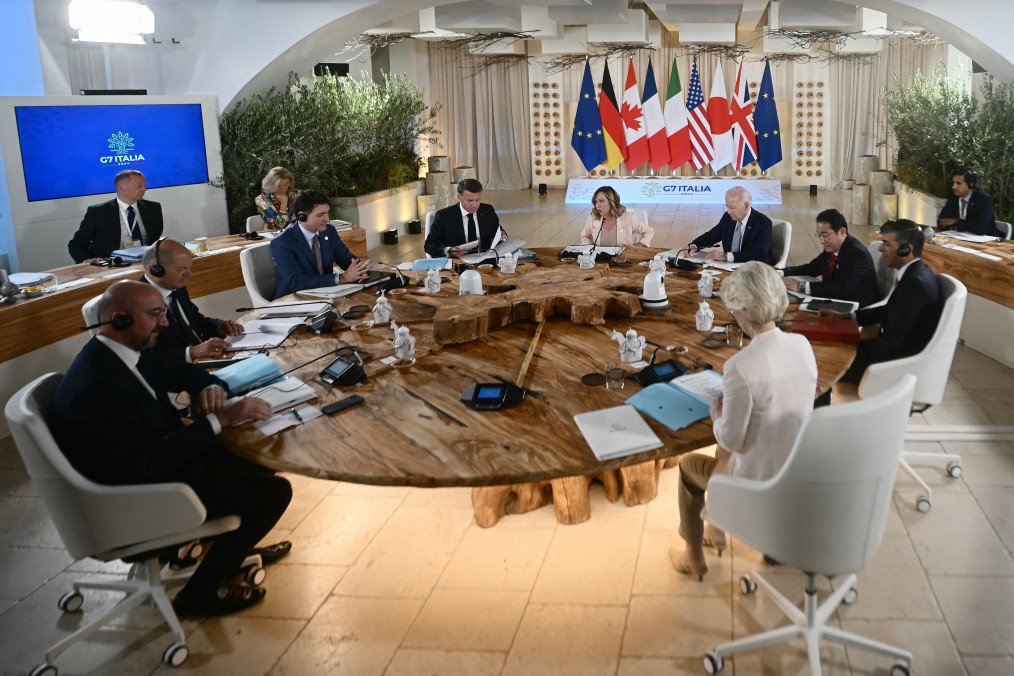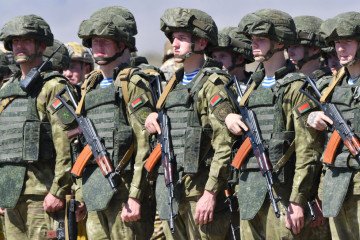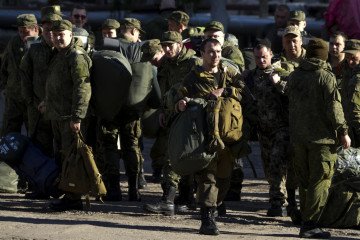- Category
- Latest news
G7 Eyes Stricter Oil Sanctions to Pressure Russia Over War Against Ukraine

Group of Seven (G7) is considering revising its price cap on Russian oil as part of efforts to limit Moscow’s revenue and increase economic pressure amid the war in Ukraine Bloomberg reported on February 18.
A draft statement indicates that G7 nations may instruct their finance ministers to adjust the price ceiling, currently set at $60 per barrel for crude oil.
The cap, introduced in December 2022, was designed to restrict the Kremlin’s access to petrodollars. The proposed revision aims to increase the financial burden on Russia and encourage negotiations over the war against Ukraine to“incentivize it to negotiate a meaningful peace.”
The draft, still under negotiation, suggests that any agreement will include international oversight and monitoring mechanisms. It is unclear whether all G7 members support the changes, and further revisions are expected before a formal statement is released.
The G7 plans to publish the final version on February 24, the third anniversary of Russia’s full-scale invasion of Ukraine, when member states are also scheduled to meet with Ukrainian President Volodymyr Zelenskyy.
The oil price cap initially faced criticism for being too lenient and allowing Russia to bypass restrictions. However, on January 10, the Biden administration imposed new sanctions targeting 161 tankers, major Russian oil producers, traders, and a key insurer of Russian shipping.
Incoming U.S. Treasury Secretary Scott Bessent has suggested that additional measures could be considered if they are seen as advancing efforts to end the war.
The latest draft statement affirms the G7’s support for a negotiated settlement but rejects any terms that would amount to Ukraine’s forced surrender.
It emphasizes the need for “common sense peace that is fair, a peace that lasts,” with “a durable security guarantee.”
It is unclear how the G7 might change the oil price cap. Discussions include two main options: reducing the maximum price at which Russian oil can be sold or improving enforcement to prevent Russia from bypassing sanctions. Strengthening enforcement could involve cracking down on Russia’s use of shadow fleets or restricting alternative trading networks that help Moscow evade restrictions.
The document also underscores continued military assistance for Ukraine, including training programs and modernization of its armed forces. G7 allies intend to counter Russian sanctions evasion, particularly through dual-use technology and oil transport schemes.
There are lingering questions over whether the G7 will reach a consensus on the proposed statement. Diplomatic sources indicate that earlier versions faced resistance, particularly after a meeting of G7 foreign ministers in Munich last weekend, where the final communiqué was significantly shortened from a previous draft.
In earlier news, U.S. President Donald Trump pushed for Russia’s return to the G7.
-554f0711f15a880af68b2550a739eee4.jpg)

-72b63a4e0c8c475ad81fe3eed3f63729.jpeg)


